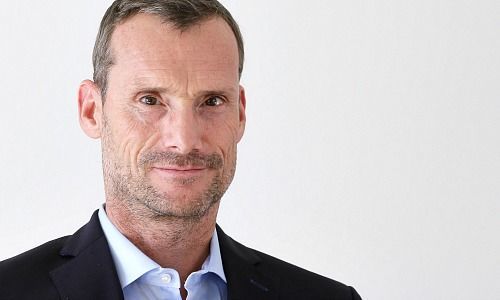At least two spy cases at Credit Suisse: CEO Tidjane Thiam has ushered in a climate of extreme mistrust and spite. Is this how to run a major bank?, finews.com editor Peter Hody asks.
A new Swiss banking espionage scandal blew open on Tuesday, with «Neuen Zuercher Zeitung» (behind paywall, in German) reporting a second top Credit Suisse executive was apparently shadowed in a sophisticated scheme – by the bank.
The newspaper, which is traditionally very friendly to the business and banking community, reveals that the lurid Iqbal Khan spy saga which broke into the open three months ago was anything but an isolated incident.
Against this backdrop, similar accusations by the Swiss bank's former head of compliancein the U.S. Colleen Graham gain import. The most recent revelations, which focus on former human resources head Peter Goerke, frame the autumn's events in a fresh lens:
1. Chairman Urs Rohner's insistence that surveillance isn't who Credit Suisse is or how it does business have degraded to empty words. The second spying episode blows holes in a supposedly independent investigation of the Khan case ordered by Rohner, who has overseen the bank since 2011, through white-collar law firm Homburger. It is increasingly implausible that Pierre-Olivier Bouée, with only ex-security boss Remo Boccali, acted alone, as Credit Suisse has argued. Bouée may have been involved in the shadowing of Goerke as well.
2. The integrity and credibility of CEO Tidjane Thiam, already battered in the Khan episode, has suffered further. Is it plausible that the CEO was clueless that Goerke and Khan were being tailed by detectives? If Thiam didn't know, investors should be asking if the CEO is still in control of the bank and its management. The Goerke case makes clear: someone in either top management or board had to have ordered surveillance on the departing executive.
3. The scandal leaves other top executives and managing directors in the lurch: will they, too, be spied on if it comes to a professional breach or disagreement with Credit Suisse? Lingering questions of the motivation to observe Khan as well as the uncertainty of who ordered Goerke followed point to a climate of extreme paranoia, mistrust, and spite in the highest echelons of Credit Suisse. CEO Thiam and Chairman Rohner are at the center. This isn't how corporate leadership works – this should now be apparent to even the most devoted Credit Suisse fans.
4. Chairman Rohner will not be able to dodge a serious, independent review of the Khan, Graham, and Goerke cases. Credit Suisse's reputation is at stake if the bank is found to have been using Soviet-style methods on those it deems dissident. Obviously, Credit Suisse top management isn't a place of esprit de corps among colleagues, embedded in mutual trust.
This again leads to the question of causality – which in turns leads to CEO Thiam. The CEO's imperious management style, which brooks no dissent, needs to be reevaluated. It isn't clear whether Rohner will order another investigation for the Goerke case. It may be time for the 60-year-old chairman to think about taking consequences for the events.




































